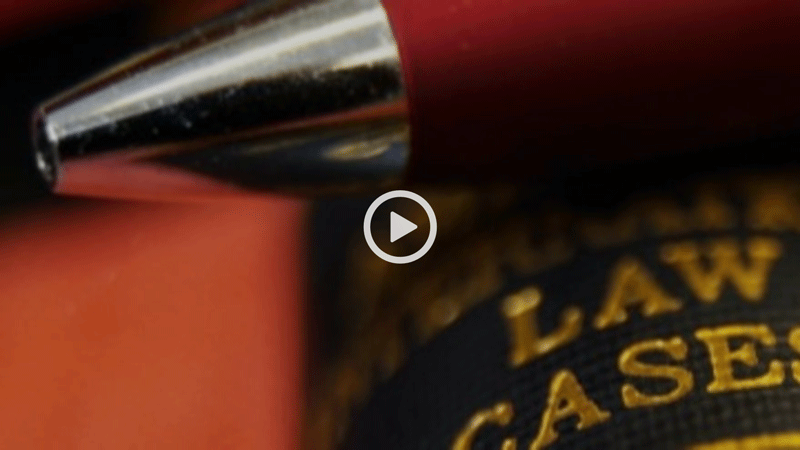Woven throughout both semesters is a strong emphasis on professionalism and practice readiness. Through realistic case simulations, students receive intensive training on what their future employers will expect. During the course of the year, students may be asked to act as a judicial clerk, a prosecuting attorney, counsel to a corporation, or another type of attorney. In addition to teaching legal analysis, writing, and research, the program also teaches the essential soft skills of successful attorneys, such as interpersonal relationships, collaboration, and professionalism.
During the course, students learn to write an array of legal documents, including memoranda, emails, and correspondence and complete the following:
- Objective legal memoranda
- Correspondence with clients
- Correspondence with opposing counsel
- Pre-trial motions
- Appellate briefs
- Simulated conferences with a supervising attorney
- Oral arguments on a pre-trial motion
- Oral arguments on an appellate brief
- Federal and state legal research






